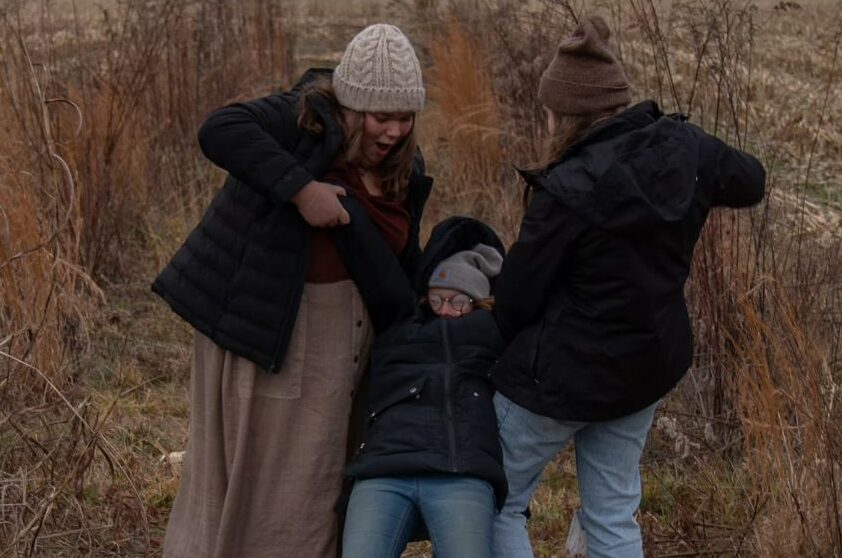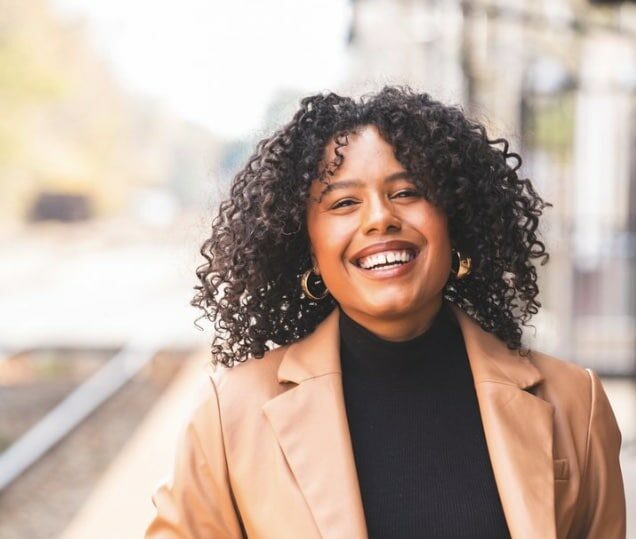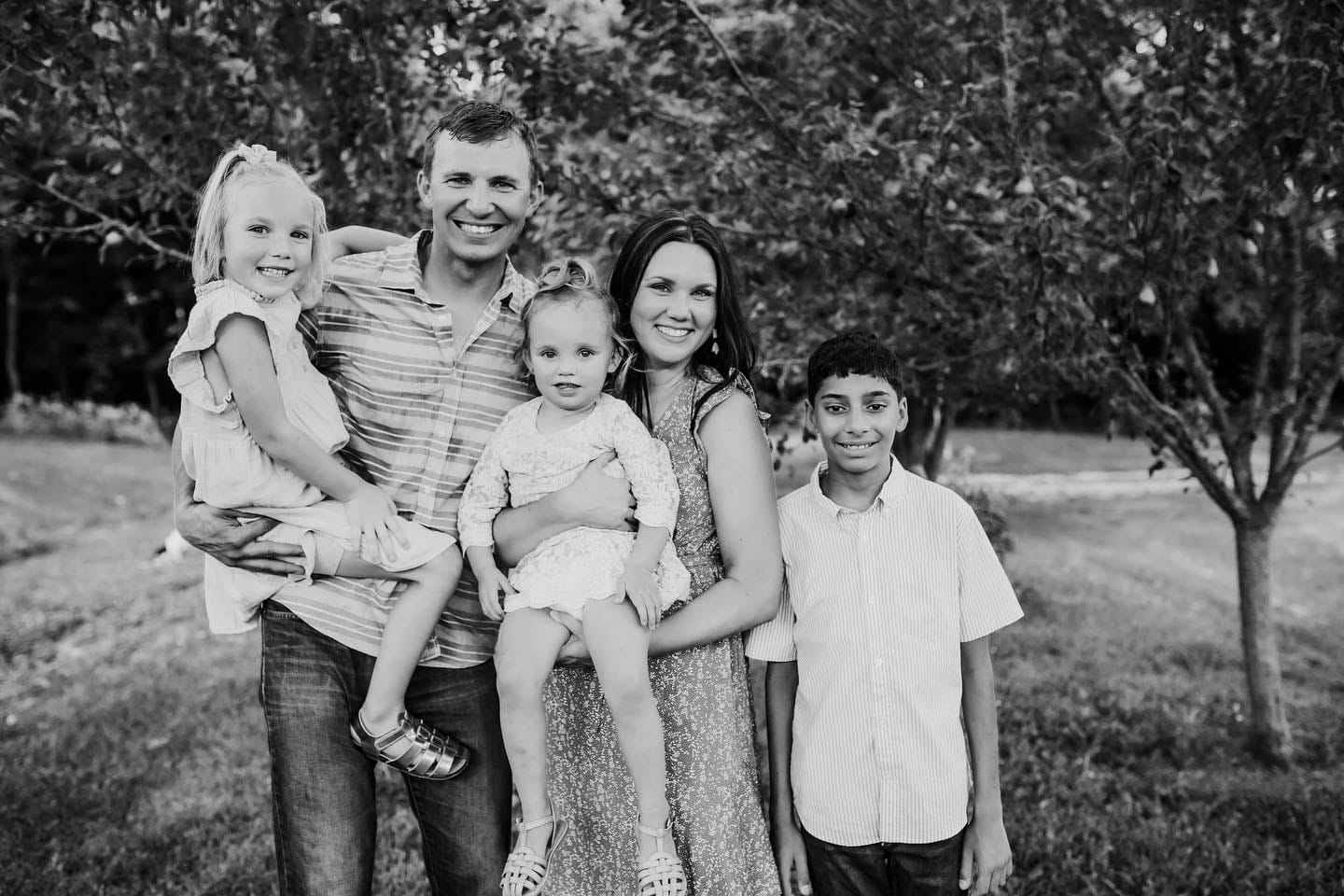
Written by Sara Cozad, Photos by Krista Welch
My name is Sara Cozad and my husband Stuart and I are coming on four years of fostering (read Sara’s blog from last year about fostering her sons!). We’ve fostered 17 kids and adopted our two sons, ages 13 and 7. I work as a foster parent co-trainer in Washington State and am slowly (but surely!) working on a website that explains the foster care licensing process in every state (fosteringourfuture.site)
At this point, my husband and I only foster sex-trafficked teens and LGBTQ+ youth- two demographics of kids in care that are unfairly overrepresented. We just had our 15-year-old foster son reunify after several awesome months with him. Right now, we’re in the middle of a move down to San Diego so we’re not currently accepting new placements during this transition.
I think the hardest part about foster care is navigating the bureaucracy of the state. For us, the parenting part of foster care is easy (most days) but having a crazy amount of social worker turnover or seeing balls getting dropped regularly is hard. Fostering has given me the gift of patience… It’s taught me that there is no point in worrying about things I have no control over. It’s made me learn how to live in the present and never take a day for granted.
For me, there is no better feeling in the world than seeing a parent overcome so much and reunify with their child(ren). People constantly ask me how I deal with a foster child who leaves our home to reunify, and I can say honestly that it’s my favorite part. If you are able to form a close bond and relationship with the parents of your foster children, then there doesn’t really need to be a goodbye. I just went out for ice cream with our teen and his mom last week. And we talk on the phone or text almost daily. We actually talk to or see the majority of our previous placements and their families. I love that our family isn’t confined to the walls of a home, but instead spreads far and wide through dozens of people across numerous states. Just because a foster child leaves your home it doesn’t mean it has to be Goodbye.
Over the years my mentality has switched from “I’m fostering a child” to “I’m doing my part to foster love and connection between this child and their parents.” My job is to be the biggest cheerleader in this parent’s life. This switch has resulted in closer connections with birth parents, less stress for the child during the transition home, and ongoing relationships with these families for years to come. Obviously, this isn’t always possible, but I’ve found that more often than not, it is. And it can be so, so good.
For our family, we love fostering teens. Babies and toddlers are super cute but our experience with teens has been pretty incredible. Many of them are at a place where they can talk through their trauma and past experiences in a way where I can meet their needs in a tangible way. Before any sort of healing comes, you need connection. I’ve personally found it so much easier to connect with teens than younger children. Going to the skate park, bonding over pop-punk, and late-night milkshake runs are my jam. More often than not, these teens just need a support person who shows up every day and wholeheartedly believes in them.
Teens in foster care come to you at a point where every single decision can be extremely life altering. As a foster parent, you have a finite amount of time to really help them and help them get (or stay) on the right path. In our state, Washington State college tuition is free for youth who have been in foster care at any point in time after their 13th birthday- even if they reunify or get adopted. So many teens I’ve met don’t even know that college is an opportunity available to them. Being able to help teens set realistic long-term goals is a huge step in getting them to feel like they have some control over their life.
When I’m leading a foster parent training, I hear a lot of working parents verbalize their fear about the number of appointments foster children have. Fostering teens is so much more convenient for working foster parents. I would love to go back to work full time at some point and after fostering so many kids, I know that teens typically have the least demanding schedule. Past teens we’ve had have been able to take the bus to appointments, stay home alone, and set up their own social worker visits. I want to mention this because there are so many misconceptions about teens in care that they are always “troubled” or “dangerous”, and this have proven to be false to my husband and I. So many teens are just that- teens. They’re normal kids in a really shitty situation. And more often than not they really, really would love to have a family who gives them a sense of normalcy.
Throughout all of this, I think my greatest joy has been the kids and the families I’ve met on this journey. I’ve gotten to love so hard, and so often.
Also, be sure to check out our blog written by Sara last year!!
Follow along with Sara’s foster journey on Instagram here! Photos by the talented: @kristawelchphoto



